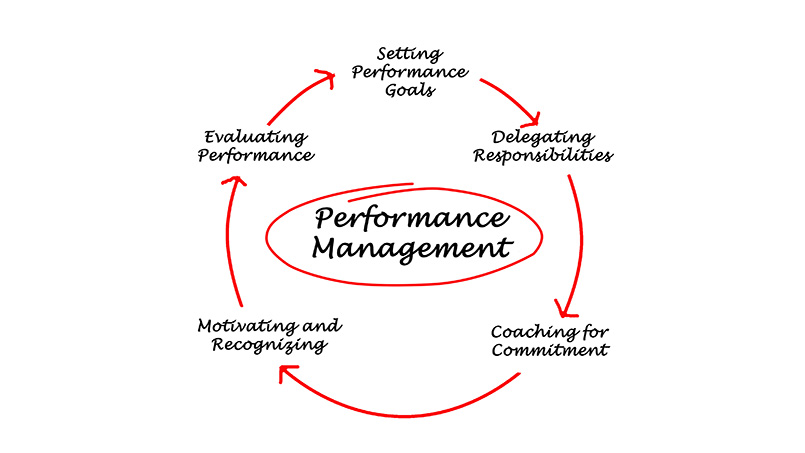
14 Sep Five Ways To Make Employee Discussions Valuable
The mere mention of the phrase ‘Performance Review’ will often generate a collective shudder throughout a company. While most businesses recognise the importance of a periodic review process, there is often widespread reluctance to participate.
These is generally because they are seen as unproductive, complicated and deliver questionable results.
Implemented correctly, however, performance discussions can be a valuable tool for motivating and developing employees.
There are numerous things you can do to maximise the value of your employee discussion process.
1. Change your Attitude: Swap Performance Reviews for Performance ‘Planning’
One of the best things you can do to improve the value of your performance reviews is to keep them forward focused. Consider a 30/70 approach where 30% is about what has happened and 70% is about what needs to happen.
2. Keep Performance Measures Flexible
Existing measures must be flexible. As an individual develops, so too should their job scope. At the end of a discussion cycle, measures should be reviewed to reflect the employee’s individual growth, and provide them with a new set of goals. Recognition of their achievement can then be provided at the next review, and measures adjusted once again to establish new benchmarks.
3. Offer a Developmental Measure
To counteract the rigidity of pre-determined business measures, consider encouraging your staff to choose one of their own developmental targets. This is a great avenue for individuals to expand their normal job scope or pursue an area of particular interest to them. As well as motivating the individual, valuable insight can be gained into their own aspirations.
4. Keep it Simple
Although an individual’s performance is complex, the process doesn’t need to be equally complicated.
It is more important to create a transparent, simple review template. One page is generally enough. Try developing a table format that encapsulates an individual’s existing measures and how well expectations were met – a simple tick box system works well.
More importantly focus on the 70% forward focus – identify what needs to be done; what actions are required to achieve them; and what will be achieved by the next review. Stick to clear, succinct and measurable phrases.
The objective is to have a system which encourages conversation not fear.
5. Review More Regularly
Regular conversations produce the most effective results. It’s important that individual achievements are recognised, and new goals set, more regularly than once a year. Logically, employees who achieve more of their goals over a shorter period equate to a more productive workers. As the business begins to perceive the benefits of its discussion process, regular discussions become less of a chore and more of a positive communication tool.
Employee performance discussions don’t have to be difficult. With a simple approach and a strong emphasis on goal setting, you can add real value to your process and foster a motivated, focused team.
Rowen Gransden is founder of Smart Advantage Consulting and Recruit Smart, and a Master Distributor for Harrison Assessments.



